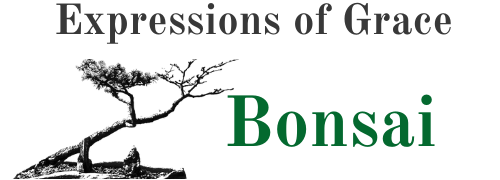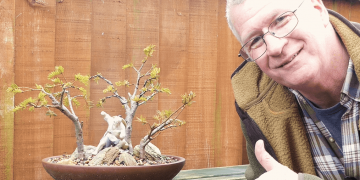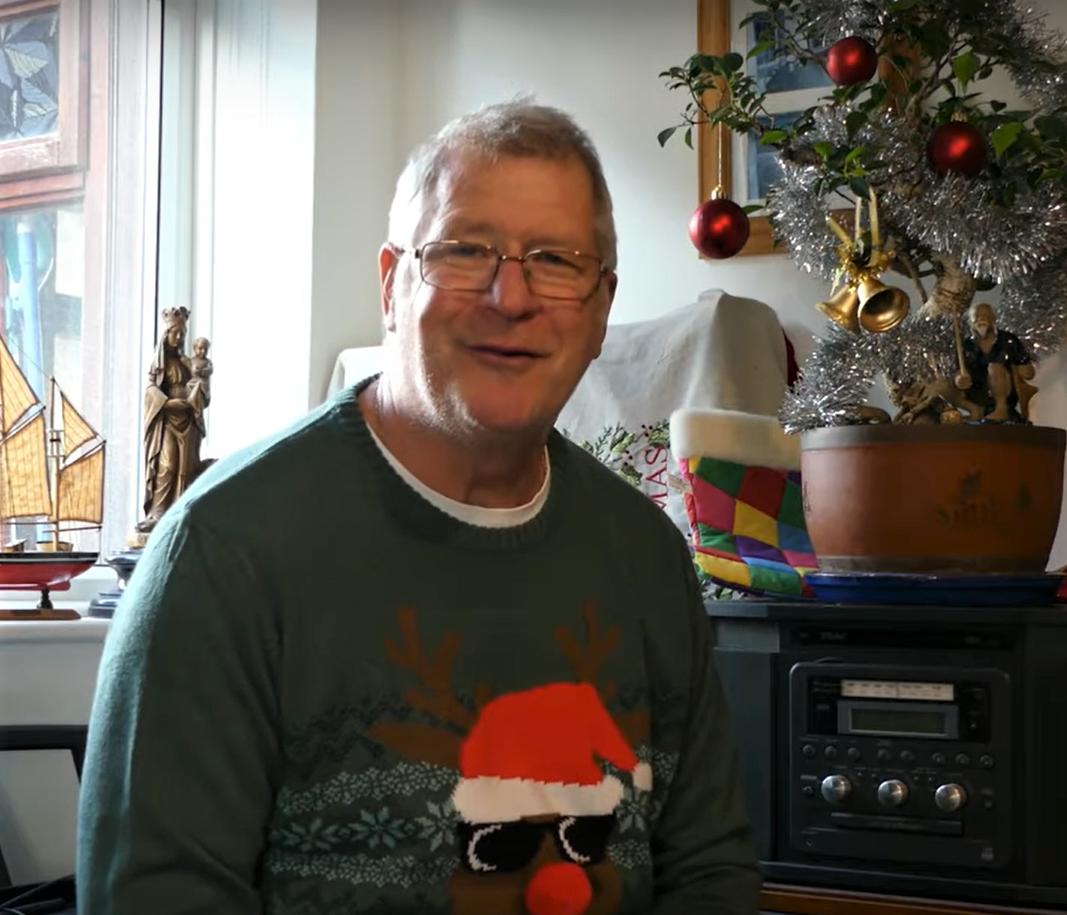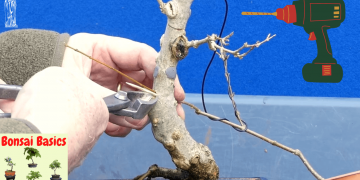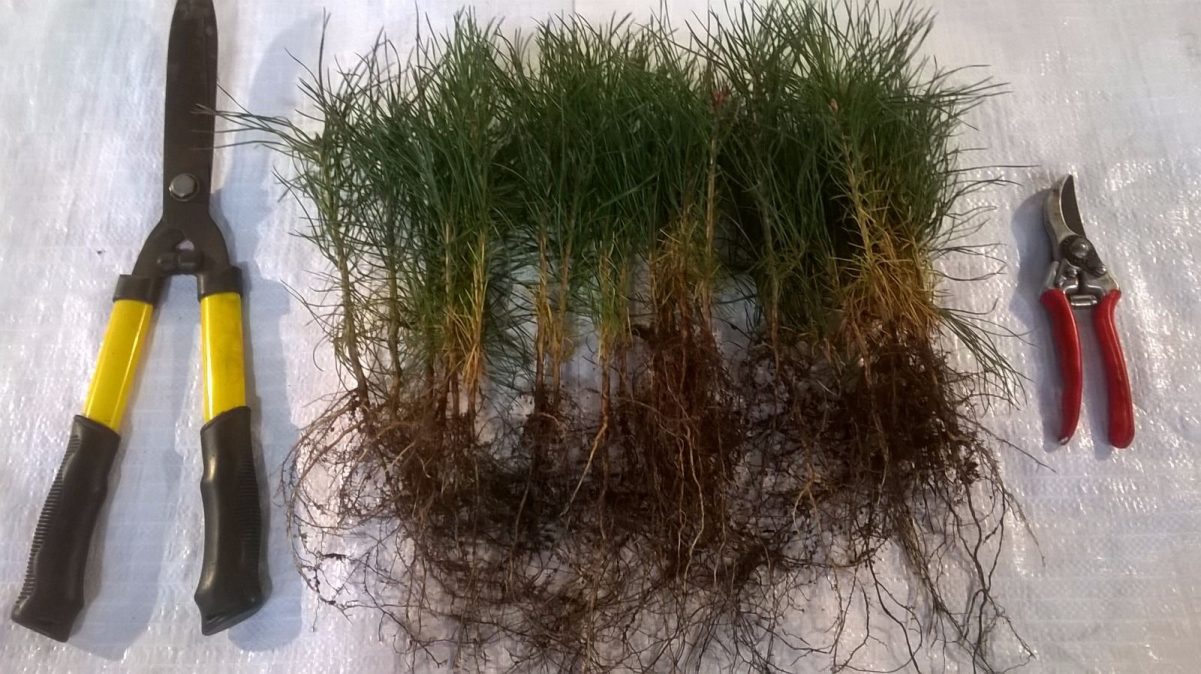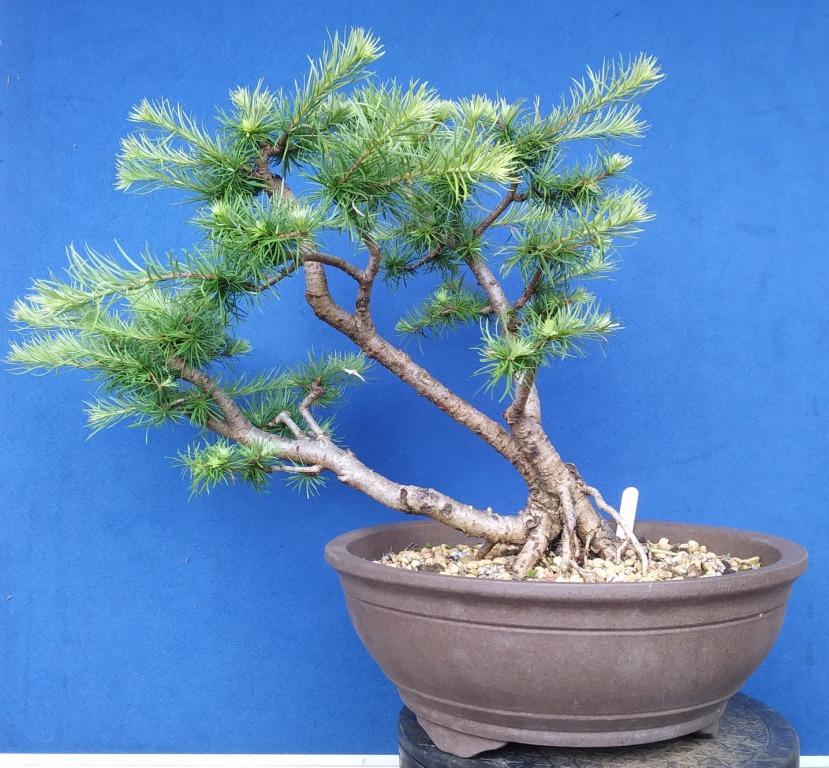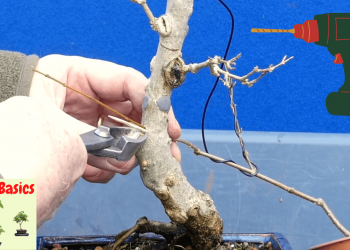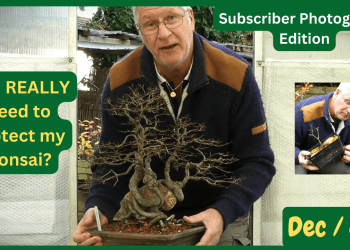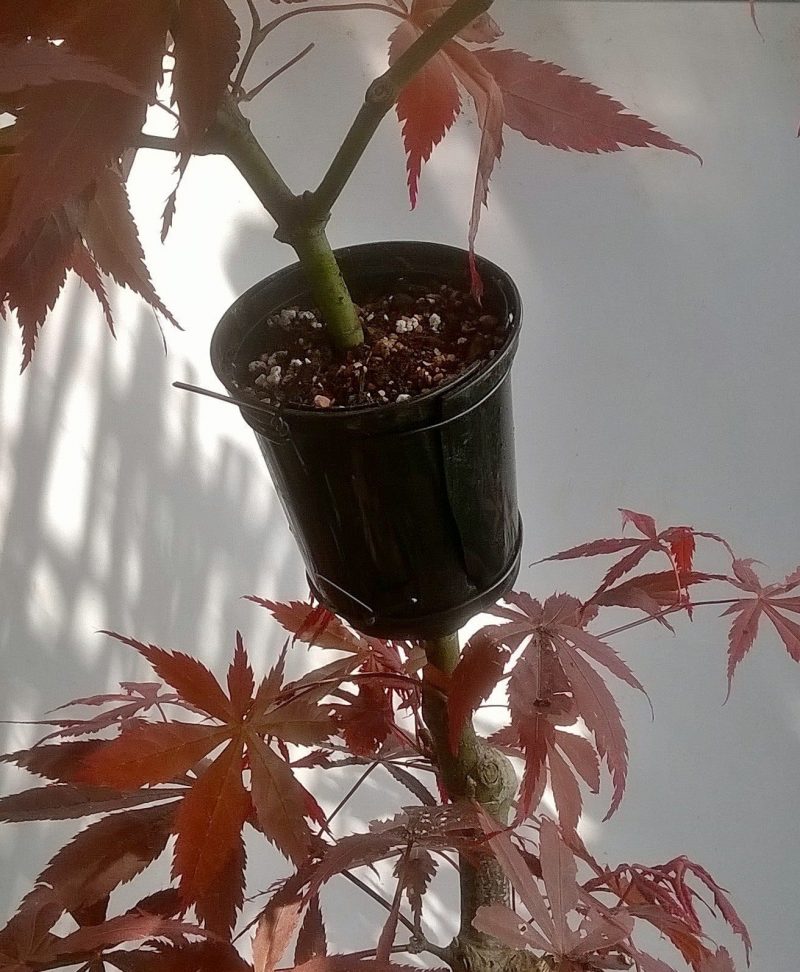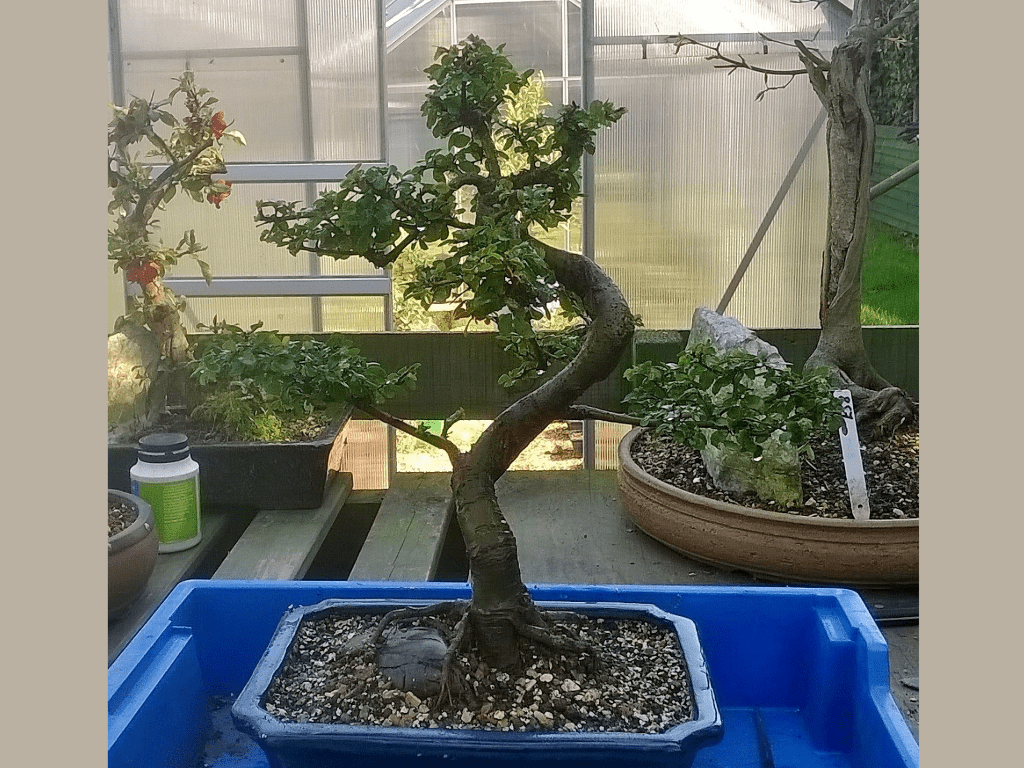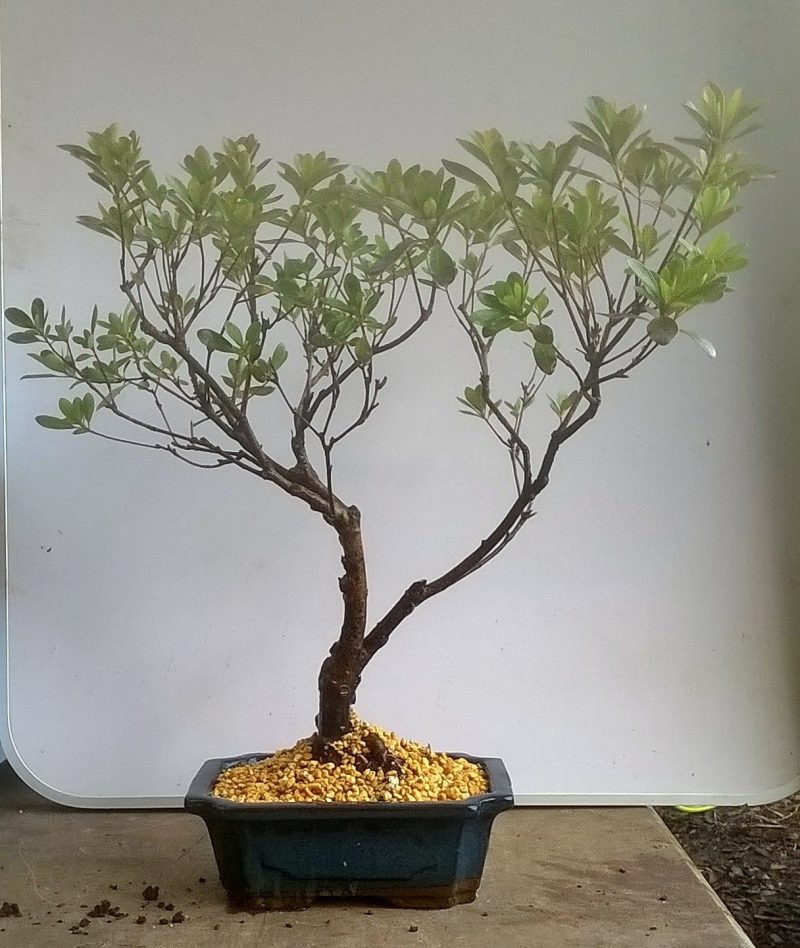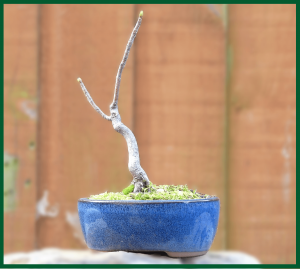
There is only one thing harder to deal with than a ‘false spring’ and that is an extended warm Autumn followed suddenly by a dramatic temperature drop. This year has been very mild, and it came as no surprise to see my Sycamore Mame Bonsai starting to push growth from VERY green buds – in early January…
What is Winter Hardiness?
Under normal conditions our deciduous bonsai start the process of winter hardening during autumn in anticipation of freezing weather through January – March. By Christmas / New Year I expect all my bonsai to be in full dormancy and therefore best protected from sub-zero overnight temperatures.
This process involves the plant slowly pulling all the water back into the roots and older trunk tissue leaving a sugar-based sap behind, which acts as an ‘anti-freeze’ for the bonsai. The buds have set for next year and will not activate until the warmer temperatures and increased sunlight drive the sap back up to the branch tips. This is the process we see take place in Spring.
What happens with unexpected warmer temperatures?
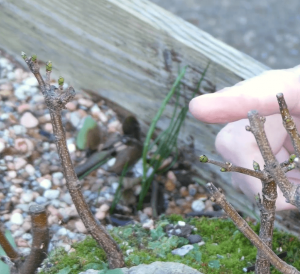
A bonsai can be brought out of winter dormancy prematurely when temperatures start to rise OR if they never drop sufficiently in late autumn. When this happens, the tree is ‘fooled’ into a False Spring Cycle. It begins to push sap up toward the buds and in doing so becomes less tolerant of freezing. The buds may start to unfurl, with the tree expecting full sunlight to support its new growth…
Why is this so bad?
If we are still in the throes of early winter, then the hours of sunlight and daytime temperatures may be insufficient to support the energy requirements of the new growth. In this case we will see the new leaves droop and eventually die. This is often what we experience with the onset of a ‘late frost’ in early Spring. Certainly, this caused a lot of dieback issues with my Trident Maple Bonsai in 2021.
But in early winter, there is no expectation of temperatures remaining mild. Instead, as happened here, we were hit by a Polar Vortex which caused temperatures to suddenly drop below freezing. This will cause the new growth to die and may also result in dieback of some of the twiggy ramified growth. This is primarily due to the tree no longer being able to withstand the freezing temperatures. So cell walls will rupture…
What can I do?
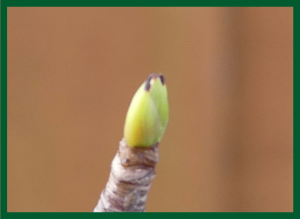
In early winter monitor the temperature and beware of green housing bonsai too early. Always keep adequate ventilation to maintain the temperatures required for dormancy. These will vary dependant on plant species and can also change dependant on wind chill and protective management in place.
If you start to see signs of buds swelling, then consider keeping it somewhere cooler. Often, this is difficult to achieve so it is better to just leave it. In some environments it may be possible to bring the bonsai inside to reduce the chance of freezing. This is NOT something I would recommend, and I have no experience of this myself.
What shouldn’t I do?
Under no circumstances do anything to put the tree under greater stress. In my experience there is very little that can be done to stop the dieback and death of immature growth. If it has a healthy root system, then it will probably recover and push out weaker new growth in late spring. So, treat it with tenderness 😊
Do not repot or root prune a bonsai if this is taking place. It is probably the worst time to try such an operation and will increase the chances of plant death. By doing this you are removing the remaining store of energy held in the roots that the bonsai will need in spring if it is to recover from the effects of winter bud dieback.
And Finally…
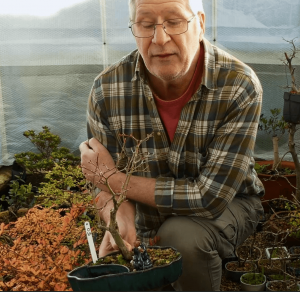
This is information that I am providing based on my own experiences dealing with unexpected climate changes in Grantham, Lincolnshire (UK). This information may not be the same for your region so if you have different experiences then please let me know in the comments.
I would love to hear if there is a way to better manage early bud push in winter. Enjoy the video and don’t forget to ‘LIKE & Subscribe’…
Happy Bonsaiing and God Bless
Xavier (The Bonsai Retreat)
